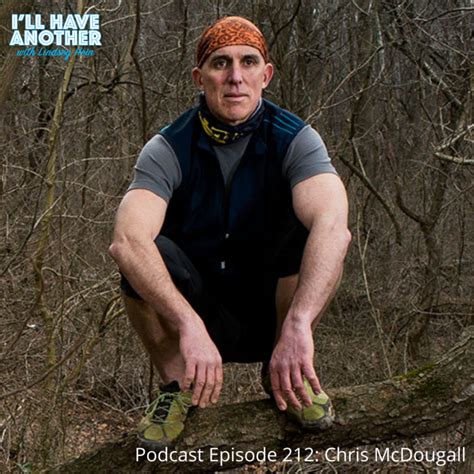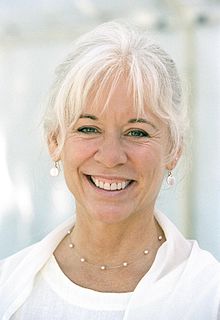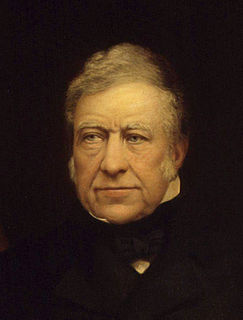A Quote by Anand Giridharadas
We know that enlightened capital didn't get rid of the slave trade.
Quote Topics
Related Quotes
After the Moslem Africans lost control over Spain, they began to prey on the Africans further to the south. They destroyed the great independent states in West Africa, and subsequently set Africa up for the Western slave trade and the Arabs were in the slave trade before Islam and they are still in the slave trade.
Decades from now, people will look back and wonder how societies could have acquiesced in a sex slave trade in the twenty-first century that is... bigger than the transatlantic slave trade was in the nineteenth. They will be perplexed that we shrugged as a lack of investment in maternal health caused half a million women to perish in childbirth each year.
We have tried everything to get rid of suffering. We have gone everywhere to get rid of suffering. We have bought everything to get rid of it. We have ingested everything to get rid of it. Finally, when one has tried enought, there arises the possibility of spiritual maturity with the willingness to stop the futile attempt to get rid of it and, instead, to actually experience suffering. In that momentous instant, there is the realization of that which is beyond suffering, of that which is untouched by suffering. There is the realization of who one truly is.


































